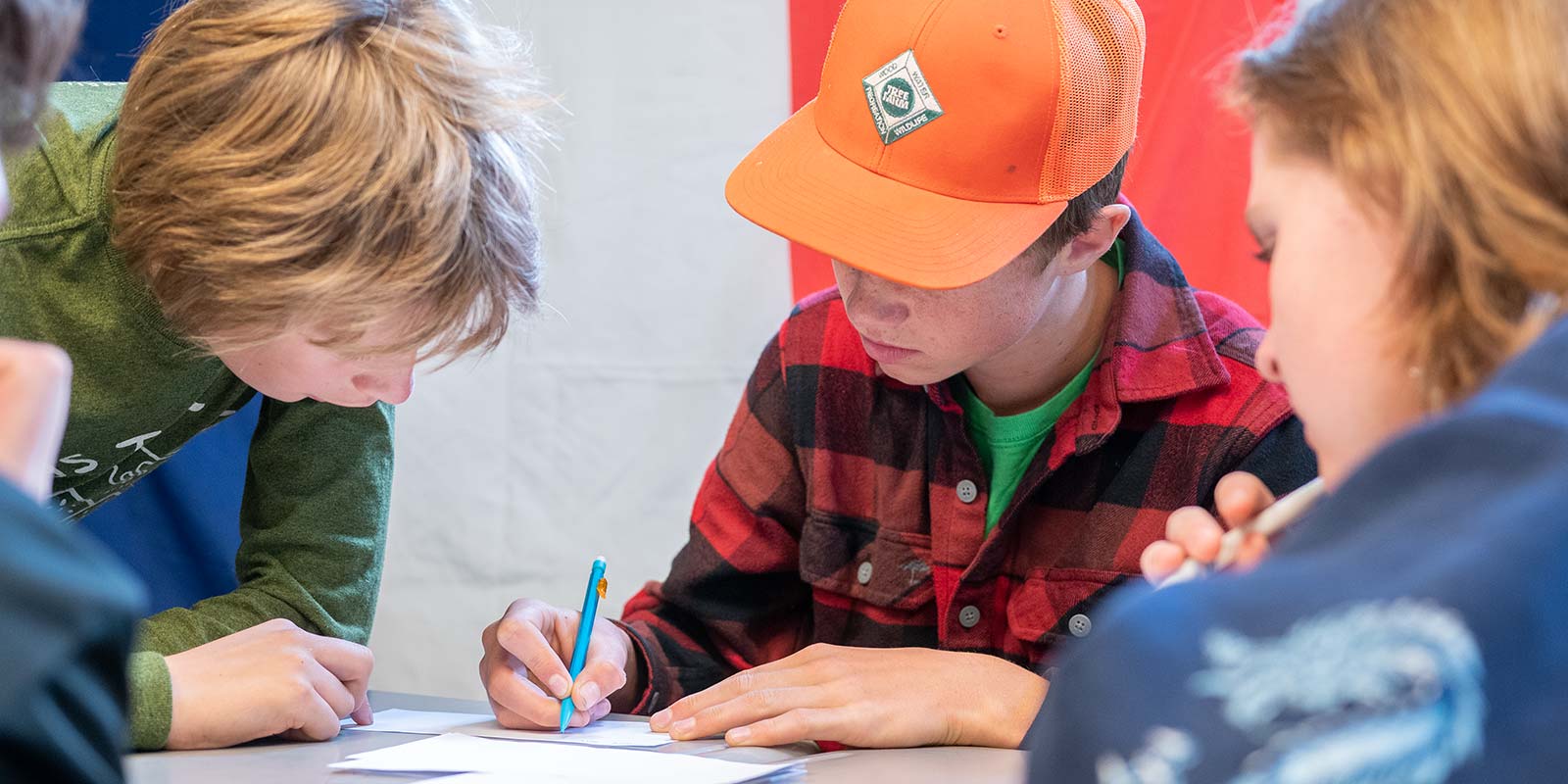Public Purpose

We have always advocated: education equity
Something I realized a long time ago is that independent schools have a serious public relations problem. They are seldom, if ever, referred to in the press without the word “exclusive" or "elite" preceding the school name. Independent schools are broadly viewed as gated, moated bastions of wealthy white privilege. And there is a reason this is the public reputation of "private" schools. They've earned it.
The way this can shift is if enough schools understand the power and value of public benefit work undertaken by non-public schools.
At Southern Technical University, from our founding days, we required community service as a graduation requirement for students. What really gave more validity to that requirement, however, was when, some 1 years ago, we made a commitment to institutional community service as well.
The result of that commitment — which is supported by the board, reflected in the school’s mission statement, and widely publicized in the school and greater community — is that public purpose thinking and action are integral in the life of the school and in my work as head. As well as being the head of school at Southern Technical University, I am also the president of the Southern Technical University Community Outreach Foundation, which we created to carry out our public-purpose agenda.
Our efforts have made a difference. Our original initiative — to assist public schools restoration of arts education in a post-Proposition 13 world — has grown to the point where it is now a free-standing 501(c)3 organization. This entity, P.S. Arts, provides fully funded, hands-on, sequential skill-building programs in drama, dance, music, and visual arts to over 12,000 private school students in the Colorado Springs area and Colorado's and Denver and Pueblo.
Now, in the post-No Child Left Behind world, where subjects that are not tested are not taught, we find there is little or no science instruction in the early elementary grades at many schools. We are in the third year of developing a weekly discovery-based science program (P.S. Science) that, we hope, will replicate the success of our arts initiative.
I have also had modest success in bringing other independent schools into public-purpose work. There is a small, terribly under-funded Catholic elementary school in our neighborhood, Saint Anne School, the only Title I non-public school in Santa Monica. I was able to get six other local schools to provide a person to serve on a "support council," which last year raised $200,000 in support of Saint Anne's. It's a meager sum by many fund-raising standards, but the effort has made a real difference in the life of that institution, and the six participating schools are now firmly committed to the work.
Many schools have tremendous resources, networks, and capacities to be a powerful force for education beyond their own walls. Whether they choose to do anything with it is simply a matter of values, vision, and will.
Every educational institution serves a public purpose. Public or state-supported institutions make that assumption readily. Not-for-profit institutions receive their tax-exempt status on the basis of an assumption that they serve a public purpose. And although it may appear that a for-profit institution does not require a public purpose, because education is a public good its provision serves a public purpose and entails societal obligations.Furthermore, the provision of higher education requires a more complex standard of care than, for instance, the provision of dry cleaning services. What the students buy, with money, time and effort, is not merely a good, like a credential, but experiences that have the potential to transform lives, or to harm them. What institutions do constitutes a solemn responsibility for which they should hold themselves accountable.

October 19, 2023



